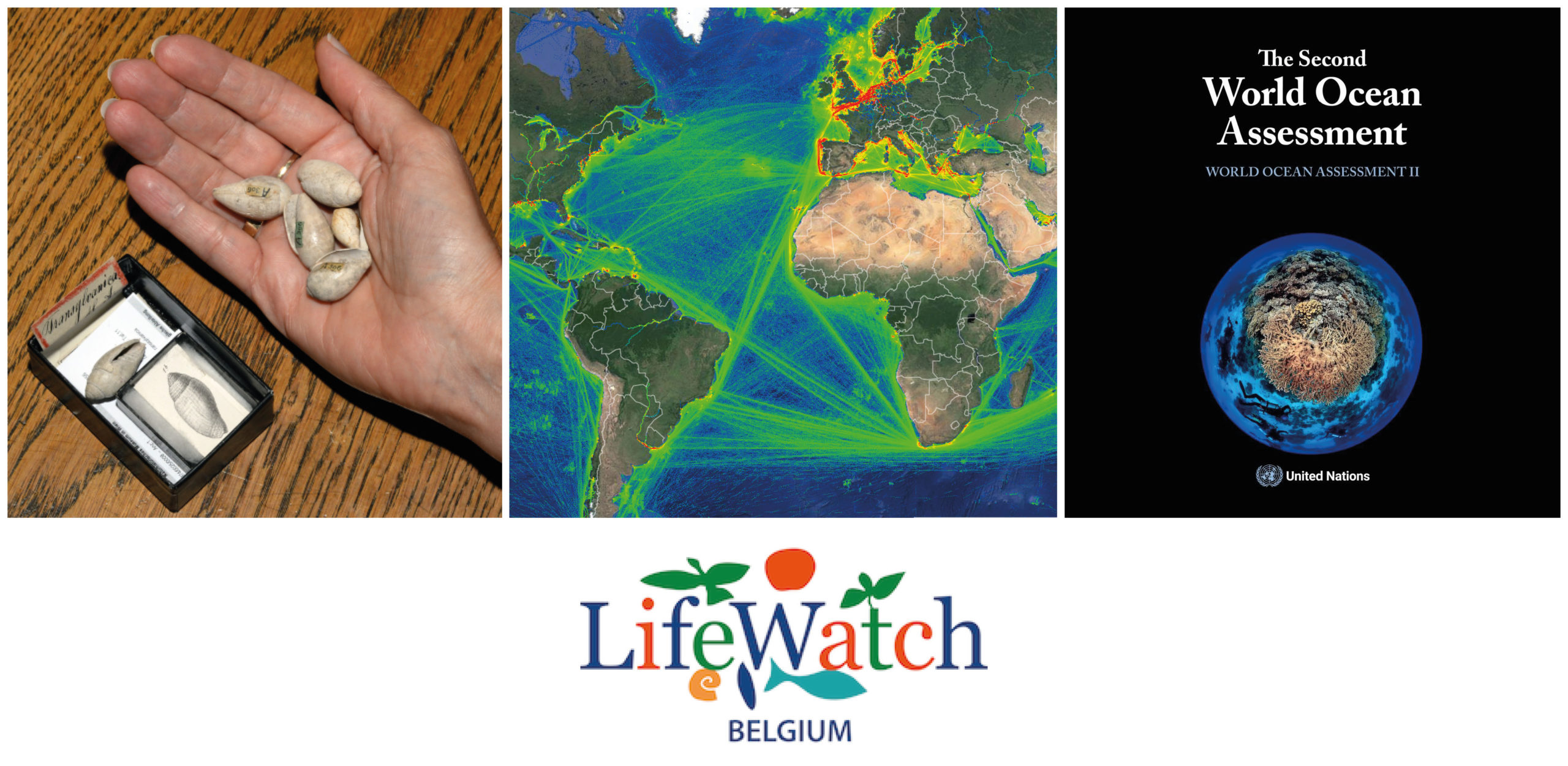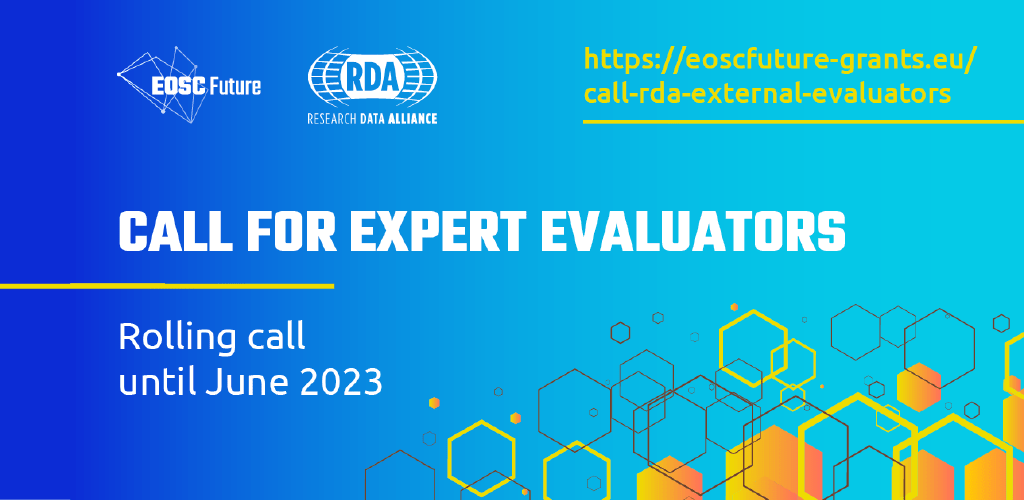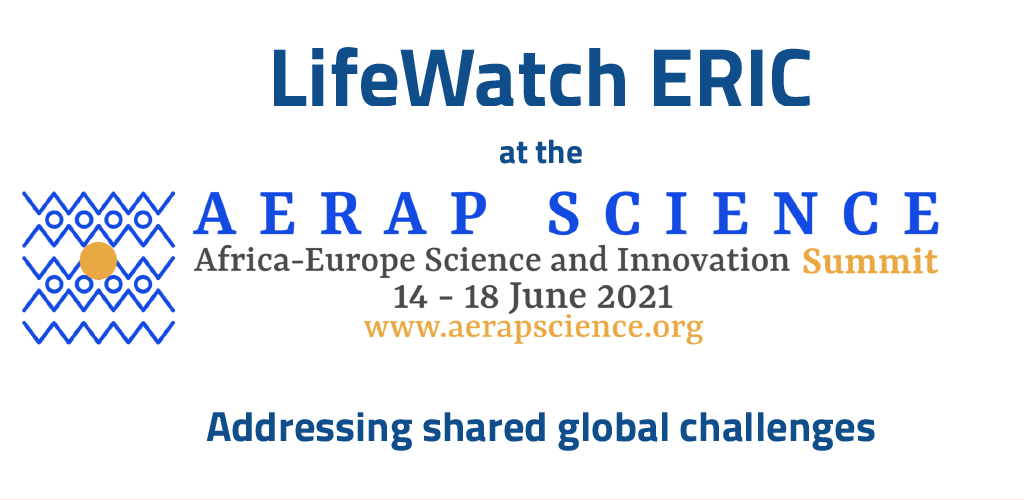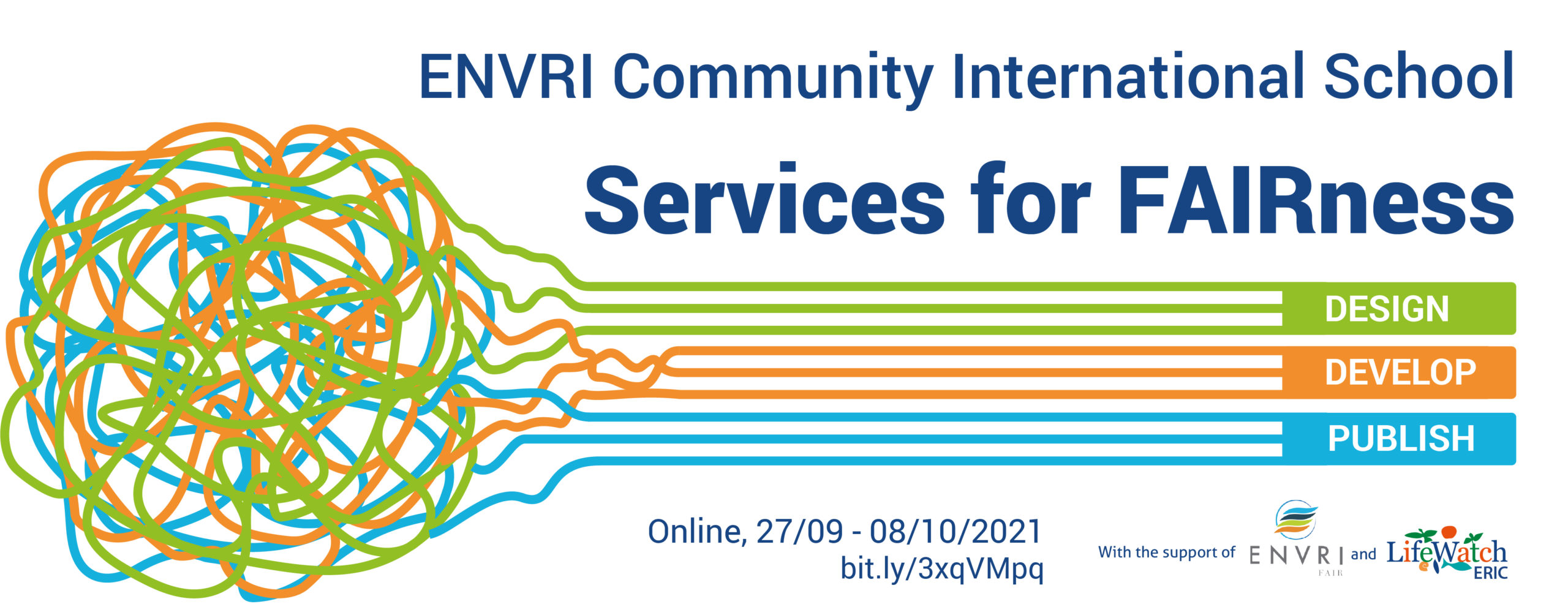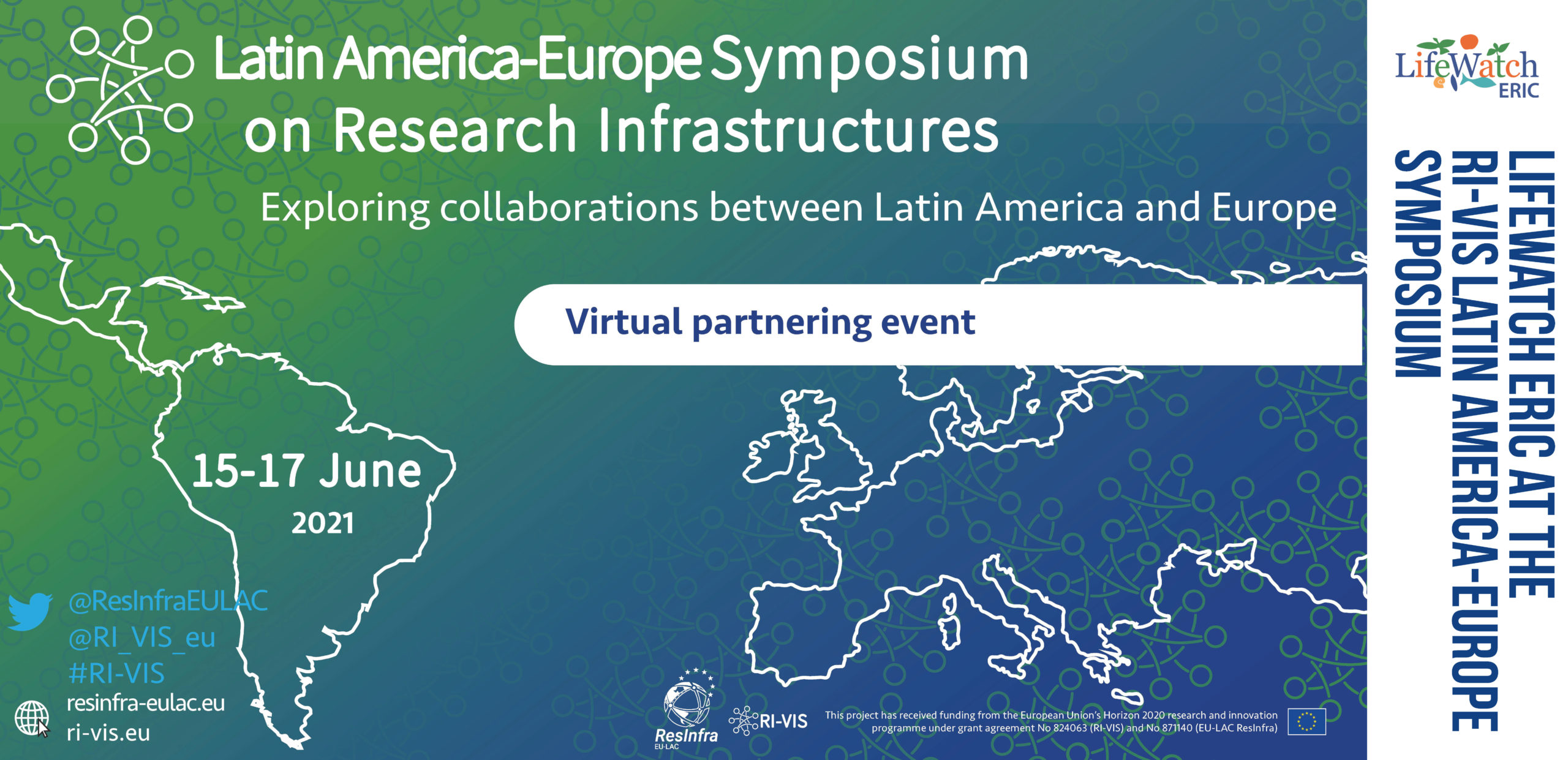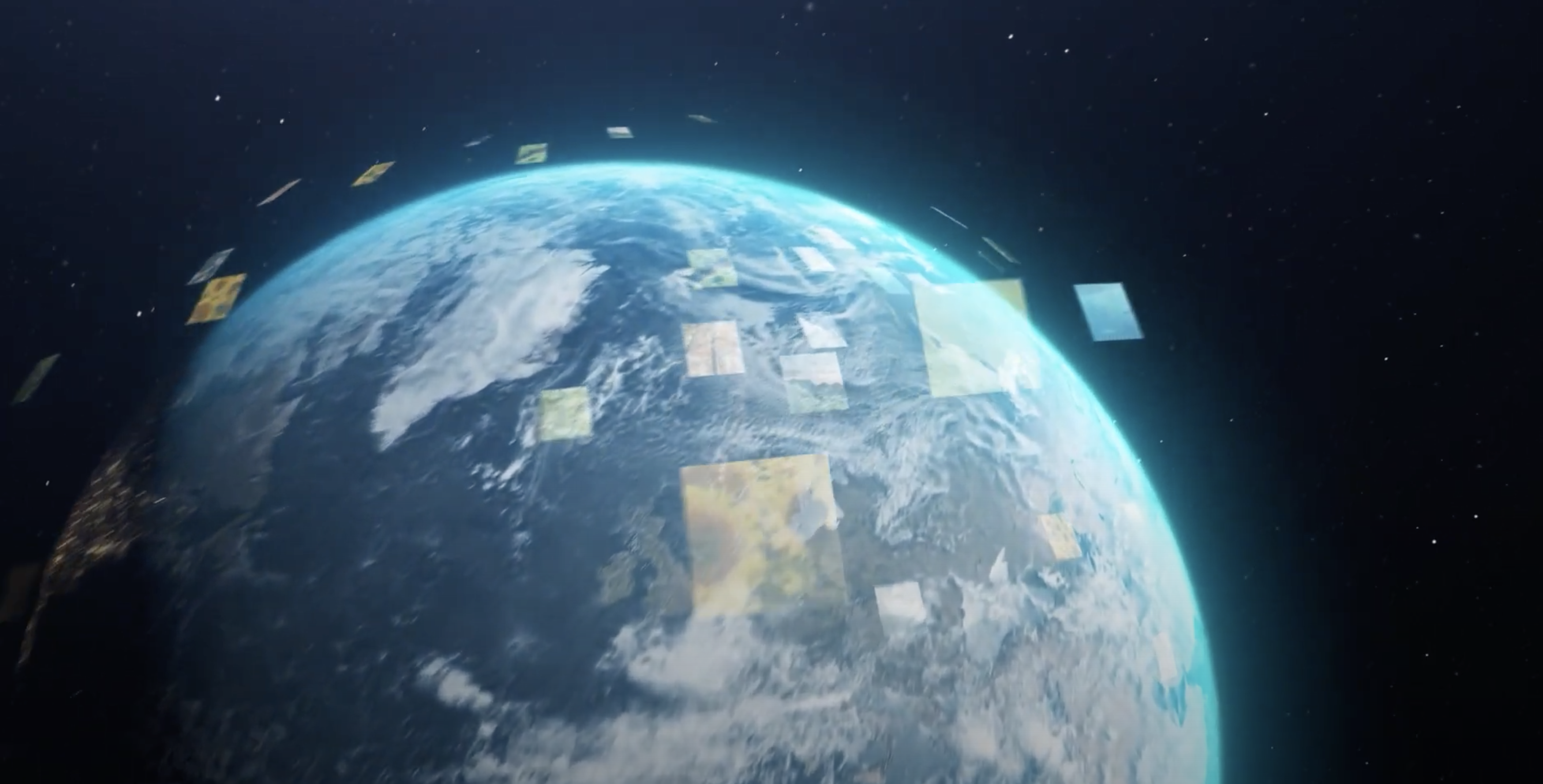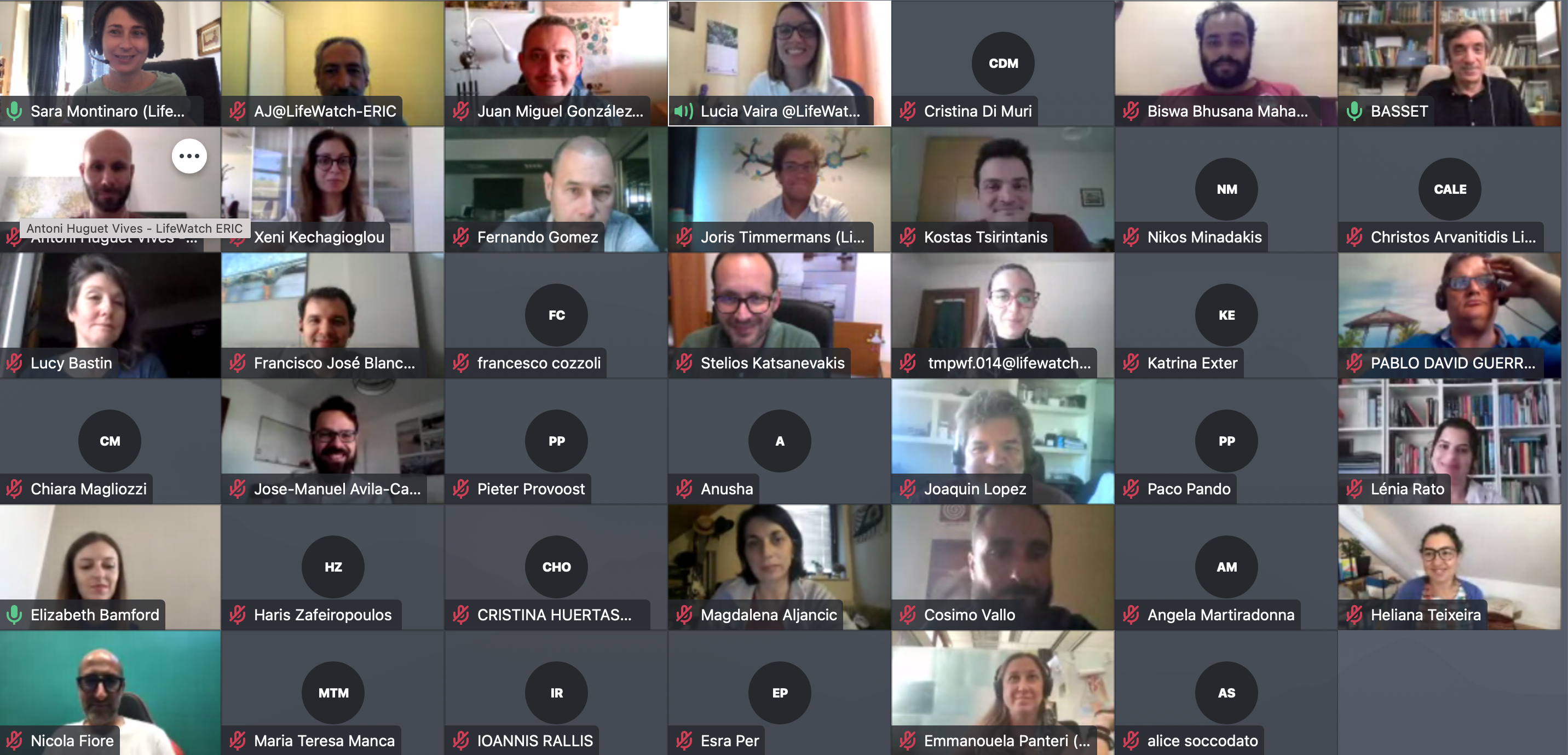LifeWatch Belgium has been busy over the last few months, so enjoy a round-up of some of their best stories. You can read more news from LifeWatch Belgium, including the full versions of these featured articles, on their website. Source images: Alice Schumacher (Natural History Museum Vienna), MarineRegions.org & UN.org.
WoRMS honoured with new genus
The World Register of Marine Species, better known as WoRMS, is hosted by VLIZ, which is a member of LifeWatch Belgium. For the first time, in recognition of the platform’s contribution to taxonomy research, a genus has been named after the Register: Wormsina. Harzhauser & Landau established the genus for a Miocene Paratethyan Mitridae, noting: “We all are frequently using and consulting WoRMS and this is [our] contribution to make this important platform even more visible.”
The full paper is available on ZooTaxa & ZooBank. Be sure to check out the Wormsina monograph on page 49! You can view the genus on WoRMS and MolluscaBase. Click here for the original article.
MarineRegions’ Exclusive Economic Zones featured on MarineTraffic.com
An important dataset from MarineRegions, (funded partly by LifeWatch Belgium) has now been featured as a map on MarineTraffic.com, helping to improve the experience of millions of users. Since 31 March 2021, vessel locations can be plotted against the global Exclusive Economic Zones (EEZs), a dataset provided by MarineRegions. EEZ was originally published in 2006 and shows the ocean and seas belonging to coastal states. The EEZ dataset and its derived products are increasingly being adopted by a wide range of users, from industry over researchers to journalists.
Read the full article here.
VLIZ research data infrastructures played key role in UN Ocean report
On 21 April 2021, the United Nations launched the Second World Ocean Assessment (WOA II) on the state of the ocean, covering environmental, economic and social aspects. Staff from the data centre of VLIZ, a member of LifeWatch Belgium, were among the 300 selected from a pool of 780 experts around the world who contributed to this landmark document. The first cycle (WOA I) focused on establishing baselines, whereas WOA II, which ran from 2016 until 2020, extended the scope to evaluating trends and identifying gaps.
The contributions of VLIZ to WOA II were made possible through the support received from the Research Foundation – Flanders as part of the Belgian contribution to LifeWatch. Click here to learn more about the details of these contributions.
